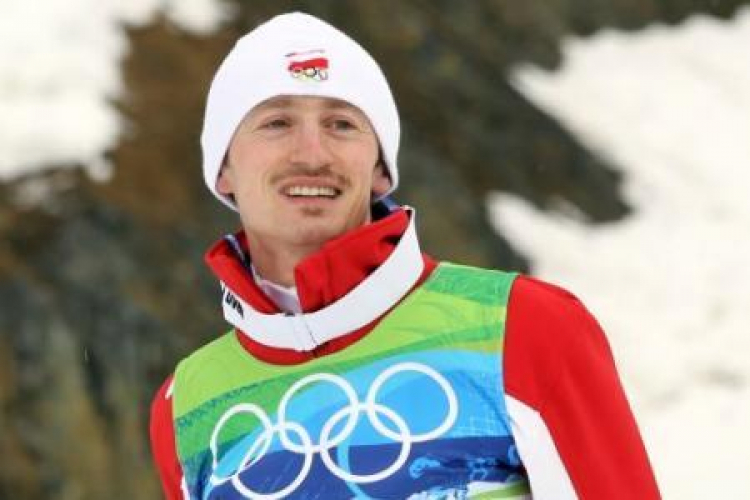Flying Mustache: Who is Adam Malysz?
In Poland, the answer to the question "Who is the most famous athlete in the world?" is a little different. The mark left by Malysz, the only vaulter in history to win three World Cups in a row, in sports is not just about achievements and numbers.

“Who is the most famous athlete in the world?” You may find a different answer to the question in each country. Diego Armando Maradona in the remotest corner of Argentina, Muhammad Ali even in homes where boxing has never been watched in the USA, Francesco Totti in Rome, Roger Federer in Switzerland…
In fact, most of these names are candidates to be the answer to the same question in other countries. However, as soon as you step onto Polish soil, things change completely.
The most popular and even beloved name in Poland since the mid-2000s is Adam Malysz.
Adam Henryk Małysz (born 3 December 1977) is a Polish former ski jumper and rally driver. He competed in ski jumping from 1995 to 2011 and is one of the most successful athletes in the history of the sport. His many accomplishments include four World Cup titles (a male record shared with Matti Nykänen), four individual Winter Olympic medals, four individual World Championship gold medals (an all-time record), 39 individual World Cup competition wins, 96 World Cup podiums (individual and team), and being the first male ski jumper to win three consecutive World Cup titles. He is also a winner of the Four Hills Tournament, the only three-time winner of the Nordic Tournament, and a former ski flying world record holder.
The Pole, who is a more well-known figure in his country than the prime minister, singers, and all other athletes, is called 'Batman' because he can really fly...
When he started playing sports, Adam Malysz had neither a friend nor a coach to work with. He became interested in ski jumping when this sport was not even followed on television in Poland. When he stepped into professionalism in 1995, he took his idol Jens Weissflog as an example and grew a mustache that will be remembered with him for years to come. 'Flying Mustache' was unaware at the time that he would overshadow his idol.
While he packed four World Cups, one Four Hills victory, four World Championships, three Northern Tournaments, and four Olympic medals into his 16-year career, he greeted the audience from the podium 92 times.
The mark left by Malysz, the only vaulter in history to win three consecutive World Cups, in sports was not just about achievements and numbers. Not only did he take a sport that was unknown in his country before to the top of the world, he also made that sport a source of pride for his country. He was a name that young athletes looked up to, not only in winter sports but also in other branches.
In Poland, which had not won a single medal in the Winter Olympics in the 30 years before Adam Malysz, the ratings were at their peak when he made his jump. After announcing his retirement decision, he received countless messages from fans. One fan even said that his TV was pointless without him and could be thrown out the window.
He left the sport at the peak of his career, having won all the tournaments he could, the year he broke the Polish record, the 'Vistula Eagle'. He shaved off the mustache he had left when he started his career at the age of 18 and said goodbye to the sport he loved at the age of 34. In 2011, he said his farewell in Wielka Krokiew, where he made his first jumps, with a special organization attended by his closest friends. That day, thousands of his fans and friends accompanied him with his Malysz mustache.
Malysz still cannot walk in his country without being cut off. He distributes thousands of signed photographs every year. His thin mustachioed face is used in advertisements for lottery tickets, stamps, chocolates, and mobile phone companies. The Pole says that most of the time he does not even have to pay a speeding ticket; Instead, he gives the police one of his signed photographs, like the drawings that Salvador Dali scribbled on the backs of checks to prevent them from being cashed. He attributes the fact that people love him so much to one thing:
“They love me because I'm just like them, that is, I'm normal.”
